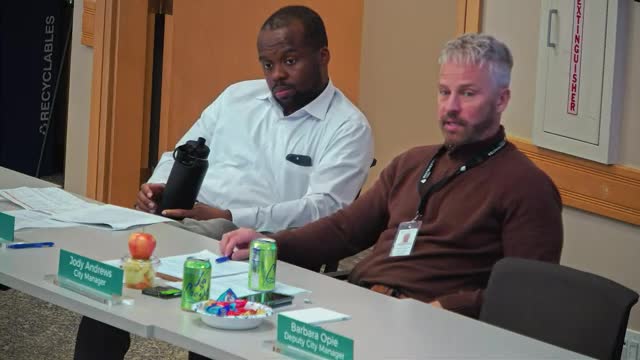Westminster schedules study session on unhoused response after council calls for simpler protocols and tougher enforcement options
Get AI-powered insights, summaries, and transcripts
Subscribe
Summary
Councilors asked staff to simplify outreach protocols, expand consequences for people who refuse services, and return March 3 with options balancing support and enforcement for public safety concerns tied to encampments.
City of Westminster leaders directed staff to present options at a March 3 study session to simplify how city responders address public‑space issues tied to people living outdoors, while also identifying stiffer consequences for people who refuse offered services.
During the meeting councilors repeatedly made two separate points: they do not want to criminalize homelessness itself, but they do want better tools to address criminal or hazardous conduct in public spaces — for example, public drug use, defecation, discarded needles and hazardous materials that require expensive cleanup. A staff summary said the city is “simplifying and stiffening” protocols so police, fire and navigators share a common response approach and clearer enforcement options where people decline help.
Council discussion included operational details and constraints. Councilor Nancy (surname not specified) cited that hazardous‑materials cleanups can cost “$80,000 every time we have to clean up the Hazmat area.” Staff said the city’s navigator program has capacity limits: four navigators can each manage about 25 active clients, so at a given time navigators can directly manage roughly 100 cases. Councilors flagged that some vouchers or hotel placements are currently limited to clients engaged with a navigator.
Councilors emphasized two priorities for the March 3 item: 1) present options that keep support pathways for people who want services, including how navigators, vouchers and temporary shelter are accessed; and 2) provide enforceable options for hazardous or criminal conduct in public places, including how to prevent some locations from becoming persistent hazards.
What’s next: staff will return in early March with a set of simplified response protocols, a menu of enforcement and support options (including how voucher access and navigator capacity might be adjusted), and potential operational or budget impacts.
